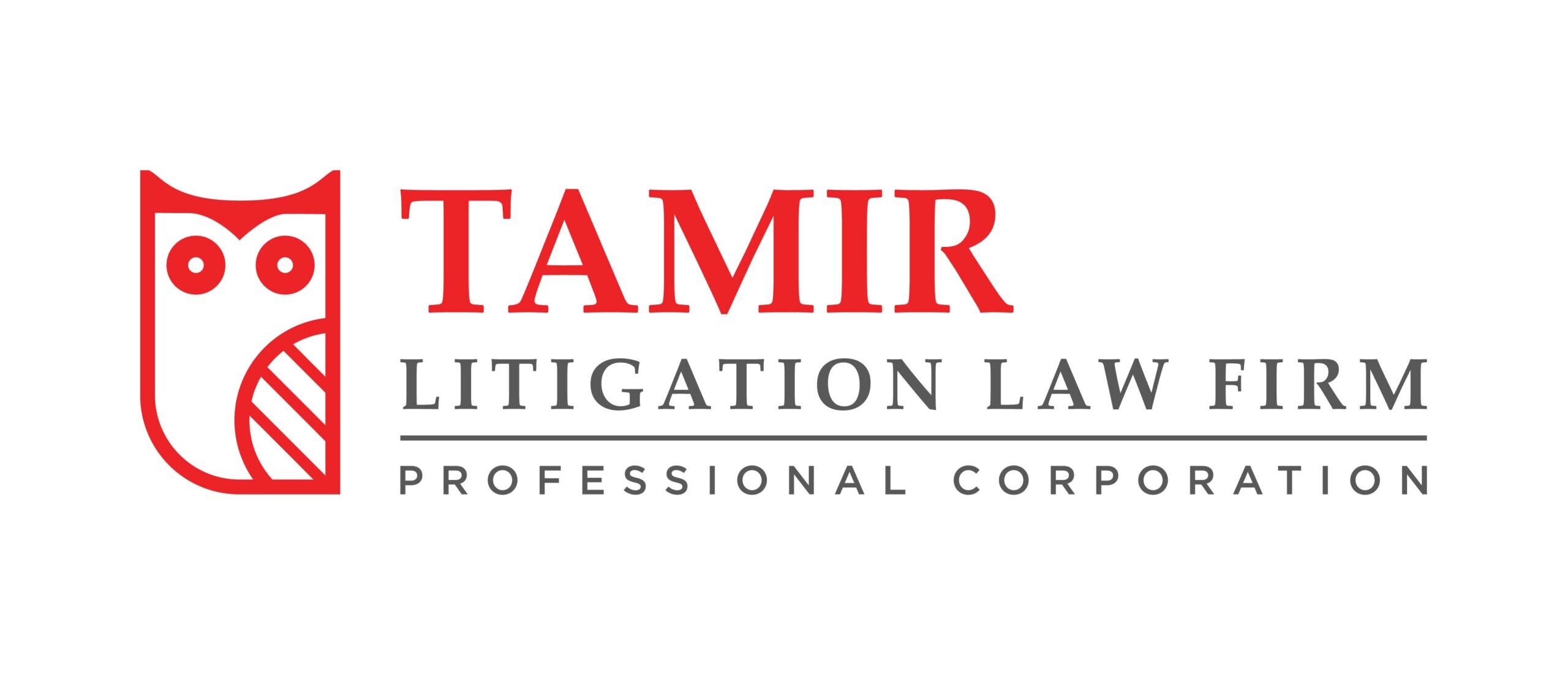Whether you are a regulated health professional or an unregulated practitioner, your career depends on your professional reputation and the trust of your clients. Complaints, investigations, and legal challenges—regulatory or otherwise—can seriously impact your ability to practice. At Tamir Litigation, we offer strong, experienced legal defence for a wide range of healthcare providers across Ontario.
We understand the distinct challenges facing both regulated professionals and unregulated practitioners. Our approach is strategic, discreet, and tailored to your profession.
Regulated Professionals:
Physiotherapists – College of Physiotherapists of Ontario (CPO)
Massage Therapists – College of Massage Therapists of Ontario (CMTO)
Chiropractors – College of Chiropractors of Ontario (CCO)
Occupational Therapists – College of Occupational Therapists of Ontario (COTO)
Kinesiologists, Speech-Language Pathologists, Psychologists, Osteopathic Manual Practitioners, and others
Common Issues We Handle:
Complaints and formal investigations
Professional misconduct and discipline hearings
Fitness-to-practice or incapacity concerns
Licensing, registration, and renewal issues
Employer reporting and practice audits
Appeals to HPARB and judicial review in court
Unregulated Health Practitioners
Therapists like osteopathic manual practitioners are not currently regulated under Ontario’s health professions regulatory framework, but that does not mean they are immune to legal risk. Civil claims, professional complaints, or contractual disputes can pose serious threats to your business and reputation.
We help osteopathic manual practitioners and other unregulated professionals defend against:
- Allegations of negligence or improper practice
- Breach of contract or scope-of-practice disputes
- Practice management and client complaint issues
- Risk management and compliance advice
Why Choose Tamir Litigation
- Extensive experience in health law and professional regulation
- Representation before regulatory colleges, courts, and tribunals
- Customized legal strategies for your specific profession
- Dedicated to protecting your license, livelihood, and reputation




